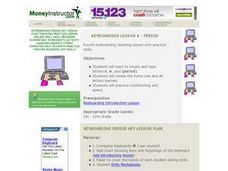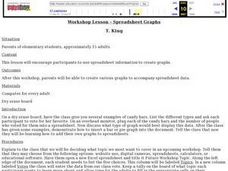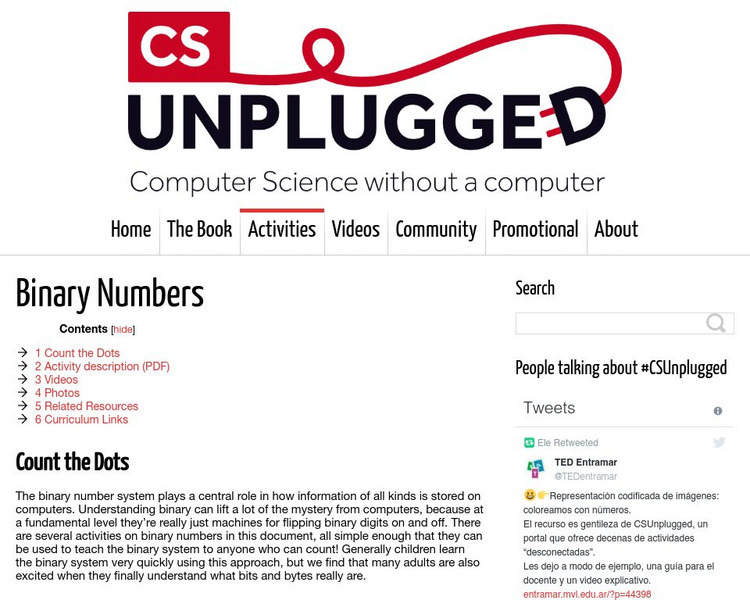Curated OER
Computer Lessons for Kids and Small Adults
Here is a series of easy-to-understand and well-designed computer lessons for pupils. In them, learners learn about the parts of a computer and what they do, the DOS operating system, the variety of files that are used, and how to keep...
Cincinnati Library
Computers for Beginner
The kids in your class are probably experts at navigating the computer, but do they know the difference between hardware and software? Teach computer skills to any level of computer user with a helpful reference sheet. It...
Curated OER
Use the New Internet Library for Adult Learners
Adult learners, examine the Internet to answer life skills, use an online dictionary, evaluate web sites and fill in online forms. They will also write about web sites in this series of activities.
Curated OER
Reading Lesson Plan -- Shopping for "Big Ticket" Items
Students in adult ESL education classes evaluate and compare information about computers. They demonstrate the correct use of compound nouns in their description of computers. They review information and skills needed to actually visit a...
Curated OER
I Heard It 'Round the Internet: Sexual Health Education and Authenticating Online Information
Students evaluate websites regarding sexual health information. For this media awareness lesson, students discuss facts and myths regarding sex as they determine how to find reputable online and print resources.
Curated OER
Keyboarding Lesson - U X P
It's time to type! Pupils engage in a basic lesson plan in elementary computer keyboarding. They locate and type letters u, x, and p. Additional practice includes key stroking technique and typing with continuity.
Curated OER
Keyboarding Lesson - R C
Learners engage in a basic lesson in elementary computer keyboarding. They review the home row and the location of letters. Also, they practice conditioning and speed.
Curated OER
Keyboarding Lesson - Period
Pupils engage in a basic activity in elementary computer keyboarding and using the period key. The drills can be done together as a class, following your oral instructions, or individually. Accuracy, not speed, is the main goal for...
Curated OER
Using the Internet to Challenge Young Writers
Designed as a professional development exercise to introduce teachers to the Internet, the activities in this resource ask novice web surfers to access a series of sites, bookmark them, and answer question about information found on the...
Curated OER
Spreadsheet Graphs
Students create graphs using information from spreadsheets. They select a topic from the following choices: website use, digital cameras, spreadsheets, calculators or educational software. They tally the class results and create an...
Curated OER
Introduction To Keyboarding
Young scholars practice the basic typing position, and practice key stroking, spacing and return. They study to operate the home row letter keys and the basic service keys by touch.
Curated OER
Keyboarding Lesson - Type Reach
Students locate and type letters e, h, and o keys and practice a new technique: type reach. They review the home row with all letters learned.
Curated OER
Technology
Learners create podcasts. In this technology lesson, students familiarize themselves with podcasts and develop their own podcast about a current event.
University of Canterbury
University of Canterbury: Cs Unplugged: Binary Numbers
With this lesson, educators can teach the binary system to anyone who can count. Using this approach, many adults are also excited when they finally understand what bits and bytes really are.













